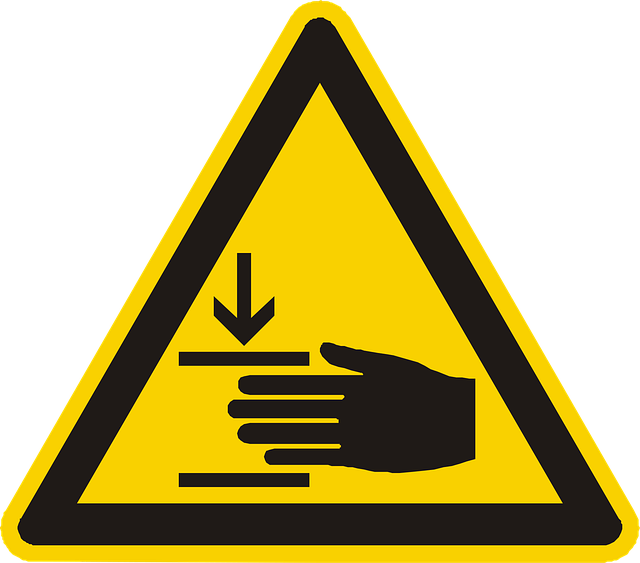In personal injury law, understanding pre-existing conditions is vital for firms navigating complex cases. These conditions can impact clients' recoveries and liability assessments, such as exacerbating chronic pain from a new injury. Specialized firms must consider these nuances in claims like homeowner insurance or wrongful death, advocating for clients' best interests through meticulous medical record reviews and expert consultations. For successful claims, detailed record-keeping and compelling expert testimony are crucial. Firms strategically approach cases with pre-existing conditions by acquiring detailed medical records and collaborating with experts to differentiate accident-related symptoms from pre-existing issues, ensuring fair compensation.
Personal injury law firms often encounter cases involving pre-existing conditions, which can complicate claims. This article delves into how these legal professionals navigate such complexities. We explore the unique challenges posed by pre-existing injuries, focusing on medical records and expert testimony as key elements in building robust cases. Through strategic approaches, personal injury law firms strive for fair compensation, ensuring justice for clients amidst these intricate circumstances.
- Understanding Pre-existing Conditions: A Personal Injury Law Firm's Perspective
- The Role of Medical Records and Expert Testimony in Claims
- Navigating Complexities: Strategies for Fair Compensation in Pre-existing Condition Cases
Understanding Pre-existing Conditions: A Personal Injury Law Firm's Perspective

In the realm of personal injury law, understanding pre-existing conditions is paramount for firms navigating complex cases. A personal injury law firm recognizes that these conditions can significantly impact a client’s recovery and liability assessments. Pre-existing injuries or health issues may influence the severity of damages and the culpability of parties involved in an accident. For instance, a client with a history of chronic pain might experience exacerbation due to a new injury, complicating the assessment of compensatory damages.
Firms specializing in personal injury law must consider these nuances when handling homeowner insurance claims or wrongful death cases. They bear the fiduciary duty to advocate for their clients’ best interests while ensuring fair compensation. This involves meticulously reviewing medical records and consulting with healthcare professionals to accurately assess the impact of pre-existing conditions on a client’s current state, thereby enabling them to build robust legal strategies that address both the complexities of the injury and potential breaches of fiduciary duty.
The Role of Medical Records and Expert Testimony in Claims

When a client with a pre-existing condition seeks compensation for new or exacerbated injuries from a personal injury law firm, meticulous record-keeping and robust expert testimony become cornerstones of a successful claim. Personal injury law firms rely heavily on medical records to understand the client’s health history, document the extent of their injuries, and establish any relevant pre-existing conditions. These records provide a comprehensive view of the client’s well-being before and after an accident, helping lawyers build a compelling case.
Expert testimony further strengthens claims by offering professional insights into the nature and impact of injuries, especially when pre-existing conditions are involved. Experienced auto accident attorneys or accident lawyers often enlist the help of medical experts who can opine on whether the accident contributed to the client’s condition or if their pre-existing issues were aggravated. This evidence is crucial in determining liability and ensuring clients receive fair compensation for their serious injuries.
Navigating Complexities: Strategies for Fair Compensation in Pre-existing Condition Cases

Navigating Complexities: Strategies for Fair Compensation in Pre-existing Condition Cases
When a personal injury law firm takes on a case involving a pre-existing condition, they must wade through intricate legal complexities to secure fair compensation for the client. This process requires meticulous documentation and a deep understanding of medical history, as well as the ability to distinguish between symptoms exacerbated by the accident and those stemming from the pre-existing condition. Personal injury law firms employ several strategies to navigate these challenges.
Firstly, they gather comprehensive medical records to establish a baseline for the client’s health before the incident. This includes reviewing previous diagnoses, treatments, and relevant medical history. By doing so, the firm can isolate the damages directly attributable to the accident, ensuring that clients receive compensation for the full extent of their injuries, even if they had pre-existing conditions. Additionally, these law firms often collaborate with medical experts who can provide insights into the interplay between the injury and the pre-existing condition, helping to build a compelling case for just compensation, separate from potential wrongful death claims or real estate disputes that might arise in other contexts.
Personal injury law firms play a pivotal role in navigating complex cases involving pre-existing conditions. By thoroughly understanding these conditions, utilizing medical records and expert testimony effectively, and employing strategic approaches for fair compensation, these firms ensure that clients receive justice. When dealing with pre-existing injuries, a well-prepared case and a sympathetic legal approach are essential to achieving positive outcomes.






